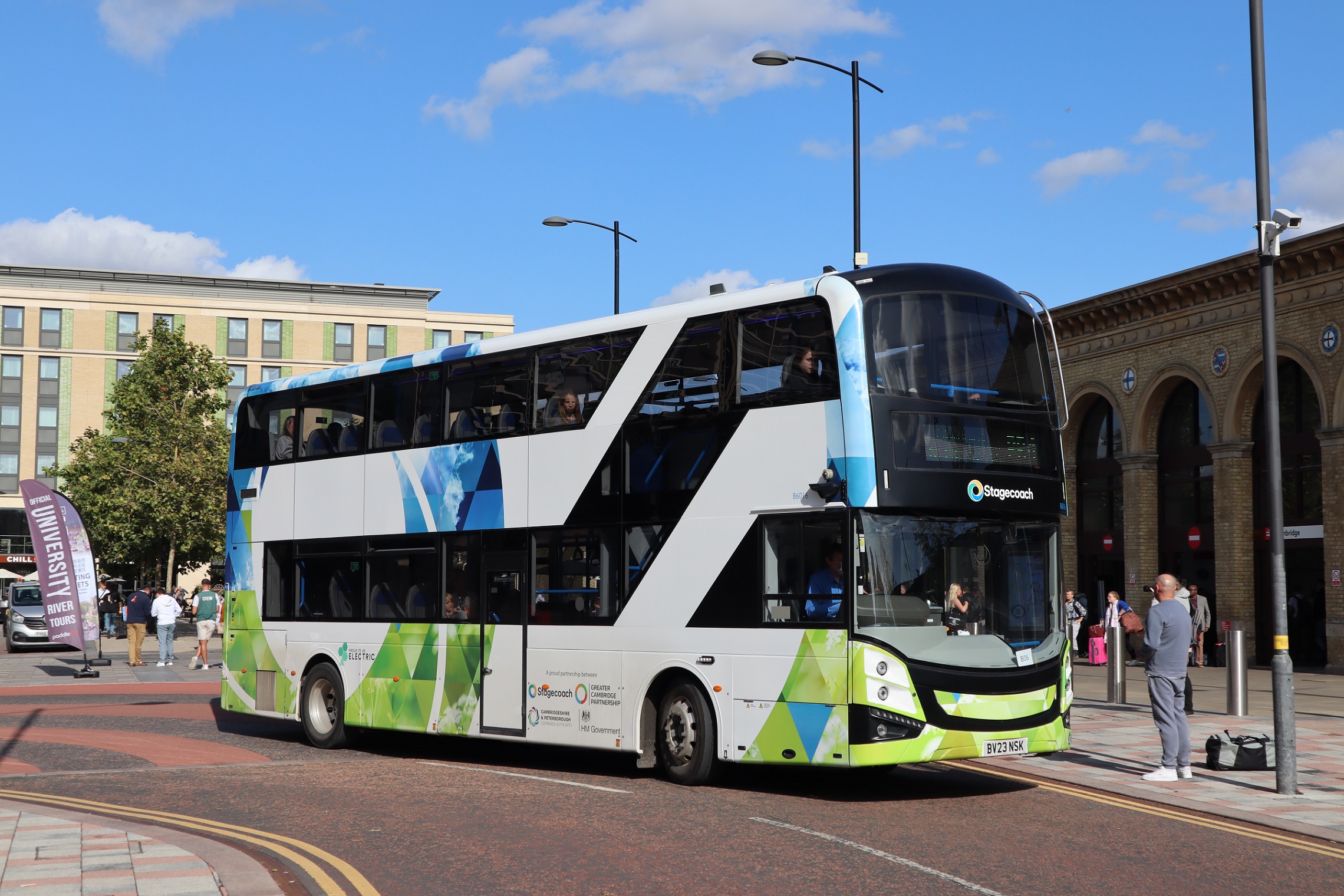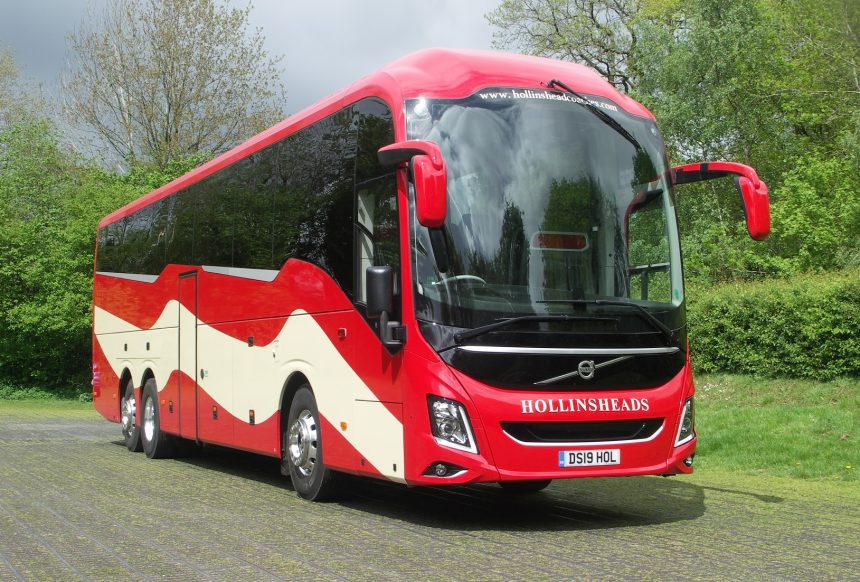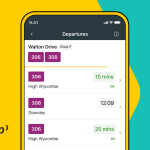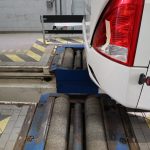Volvo Buses’ ongoing policy of moving away from the manufacture of complete vehicles and towards closer partnerships with bodybuilders brings greater competitiveness and flexibility, a Managing Director of one of its European territories has claimed.
Like the UK and Ireland, the Portuguese and Spanish markets for Volvo have long been reliant on bodybuilder partners in coach and bus. Volvo Buses Spain and Portugal MD Jaime Verdu says that further separation of chassis and body manufacture will allow the marque to build competitiveness and shorten lead times across its operations.
He was speaking at the recent premiere of the Volvo BZR battery-electric coach and low-entry bus platform. Scania is following largely the same trajectory for body and chassis, with its UK coach and bus business having made similar comments on lead times and revealed that it is in discussion with potential further body manufacturers.
Volvo’s transition away from building complete vehicles is reflected in the closure of its plant in Poland. MCV produces bodies on the Volvo BZL battery-electric bus platform for the UK, with a heavy hint already dropped that it may do the same for the BZR, while those for the 9700 single-deck and 9900 coaches will now come from Sunsundegui.
Volvo Buses UK and Ireland MD Domenico Bondi in late 2023 stressed that both of those coach models “will be exactly the same” under the new arrangement. At that time, there was an expectation of the first such examples arriving here towards the end of this year.
Senior Vice-President Business Unit Chassis Dan Pettersson notes that a split of body and chassis manufacture is not new for Volvo and says that such a policy “has benefitted us for many years on a global basis.” He adds that with the increased technology content of new coaches and buses, specialism in respective areas “is becoming more and more important.”

Mr Pettersson adds that those vehicle changes will lead to closer relationships between Volvo as a chassis manufacturer and its bodybuilders. For MCV when bodying the BZL, that is already leveraging a modular approach by both parties, its Managing Director and President Karim Ghabbour believes.
The BZL work, Mr Ghabbour notes, is “a great example of [our] partnership from the drawing board to the aftermarket to provide the best possible solution to our customers.” He adds that work with Volvo to supply tri-axle diesel double-decker buses on the B8L chassis to Hong Kong is further evidence of that.
Volvo Group President and CEO Martin Lundstedt observed at the same BZR event that “partnership is the new leadership” for the OEM. Mr Pettersson says that the coach and bus business unit “fully embraces [that] direction.”
He adds: “Only by teaming up with key business partners can we together drive the agenda for sustainability for transport solutions with the force and speed that is required.” Mr Lundstedt believes that such transformation of the sector over coming years “will be on a scale bigger than anything we can imagine.”
























